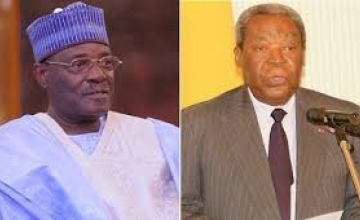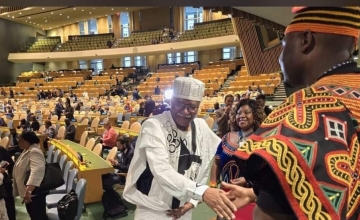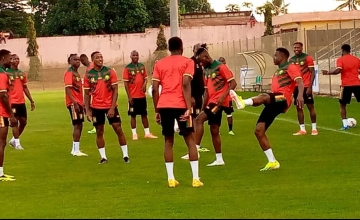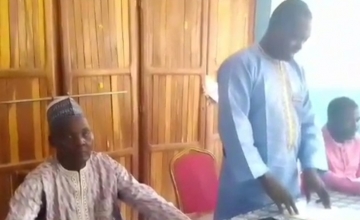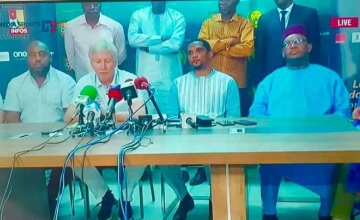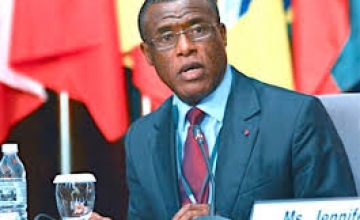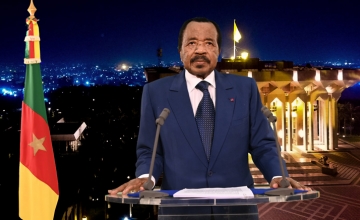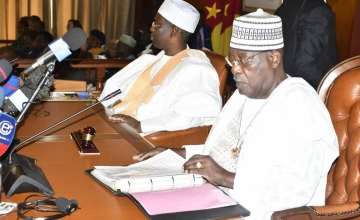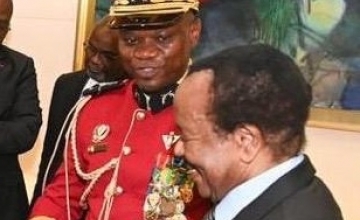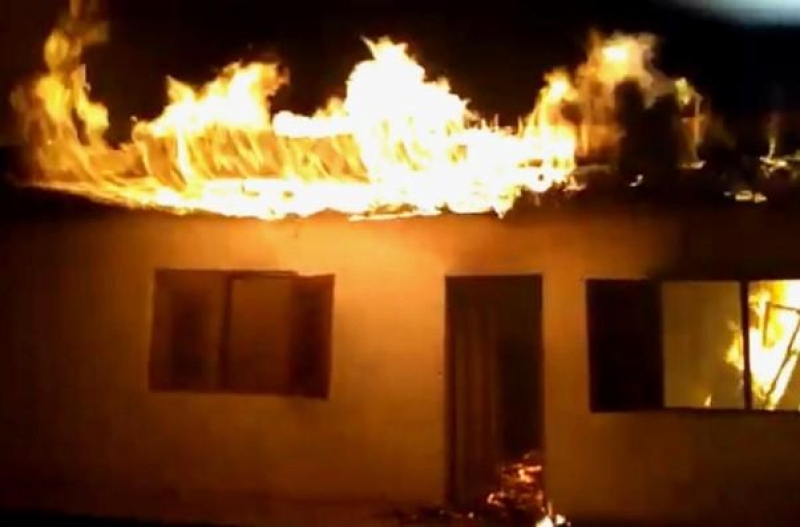
“Armed separatists in Cameroon’s Anglophone regions kidnapped over 100 people, burned property, and threatened voters in the period before the February 9, 2020 elections. State security forces did not adequately protect civilians from the threats posed by the separatists but rather committed further abuses against them during the same period,” Human Rights Watch said in a report Wednesday, February 12.
“Separatist leaders should issue clear instructions to their fighters to end their crimes against civilians,” said Lewis Mudge, Central Africa director at Human Rights Watch. “The government of Cameroon should ensure that its security forces put civilians first, by stopping their violations, prioritizing civilian protection, and holding abusers accountable.”
Human Rights Watch says it interviewed 55 victims and witnesses of crimes committed by armed separatists and government forces since the elections were announced in November 2019, as well as opposition party members, candidates, and other residents of the North West and South West Anglophone regions. As well as analyzed satellite imagery and video footage to independently corroborate witness testimony.
Clashes between armed separatists and government forces, as well as between rival separatist factions, have resulted in civilian deaths, with people either killed deliberately or caught in the crossfire, the rights group observes.
It furthers that at least several dozen people have been killed in scores of incidents since November, based on a review of credible media accounts, records produced by some United Nations agencies, and Human Rights Watch research.
“However, with no official mechanism monitoring how many civilians have been killed over the crisis, reliable confirmation of the numbers of people killed, the circumstances around killings, and alleged perpetrators remains difficult.”
The report reveals that: “Armed separatists targeted those willing to participate in the legislative and municipal elections, whether as candidates, election officials, activists, or citizens. The targets included members and supporters of the Social Democratic Front (SDF) party, which the separatists accuse of failing to show solidarity with their cause.
“Separatists burned at least three offices of Elections Cameroon (ELECAM), the national election body, in Misaje, North West region, on January 7, 2020; in Babessi, North-West region, on January 16; and in Tombel, South West region, on February 2. Separatists have also burned down a post office where electoral material was stored in Bafut, North West region, on the eve of the elections, and at least seven homes belonging to government officials and candidates in various localities in the North-West region since November 2019.
“Rather than protecting civilians from these attacks, government forces committed their own violations against them. Between January 17 and 20, 2020, security forces carried out a military operation in Bali, North West region, destroying over 50 homes and killing several civilians, including two men with intellectual disabilities.
“After elections were announced, separatists called for a boycott of the vote in the Anglophone regions. Both before and during the election, the separatists threatened those who wanted to take part and warned people to stay home. In a December 22, 2019 statement, Ayaba Cho Lucas, the leader of the Ambazonia Governing Council, a major separatist group, said that anyone who sought to participate in or promote the elections would face consequences.
“On January 5, 2020, separatists burned down the home of Wilfred Fusi Naamukong, a member of parliament from the SDF in Mankwi, North West region. Fusi told Human Rights Watch he was targeted because he was a member of the SDF.
“While official statistics on the turnout are yet to be announced, in a statement released at the close of the polls, the Minister of Territorial Tdministration, Atanga Nji Paul said that the population in the North West and South West regions “turned out massively to exercise their civic duties in all the administrative units.” However, media reports indicate that voter participation was low in these regions because of insecurity and fears driven by the threats and attacks of the separatists.
“I wanted to vote, but I did not. I didn’t want to get a bullet for exercising my right. Separatists attacked candidates and voters. The military has been unable to protect the people,” a resident from Kumbo, North West region, told Human Rights Watch on February 10.
“The ruling Cameroon People’s Democratic Movement (CPDM) exerts control over the political space in the country. However, opposition parties, including the Cameroon Renaissance Movement (CRM) and the SDF, do have representatives in parliament.
“Opposition parties, including the CRM and the Cameroon People’s Party (CPP), had also called for a boycott of the elections, citing security concerns and the need to reform the electoral system. Ahead of the elections, Emmanuel Simh, a lawyer for the CRM, told Human Rights Watch: “People are not free to vote as they wish across the country. We can’t hold important elections in a war zone and when children have not been to school for three years.”
“Seven hundred additional security forces were deployed ahead of, and during, the elections across the Anglophone regions. Municipal results are expected by February 12, and legislative results are expected by February 29.
“In a January 24 joint statement, the secretary general of the Economic Community of Central African States, the special representative of the UN secretary-general, and the head of the UN regional office for Central Africa called for the electoral process to unfold in peaceful and secure conditions, and condemned attempts to restrict the right to vote with threats or violence.
“Not all who wanted to cast their votes in these volatile regions in Cameroon were able to do so in peace and security, and it is incumbent on the government to hold accountable all those responsible for that from all parties,” Mudge said. “Leaders of armed separatist groups should rein in their fighters and government forces should protect civilians and not abuse them.”

